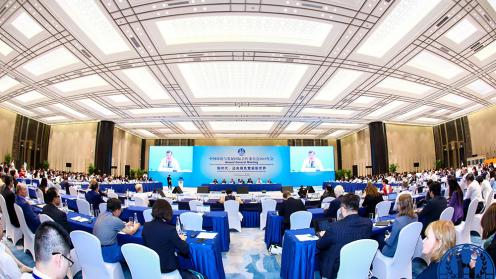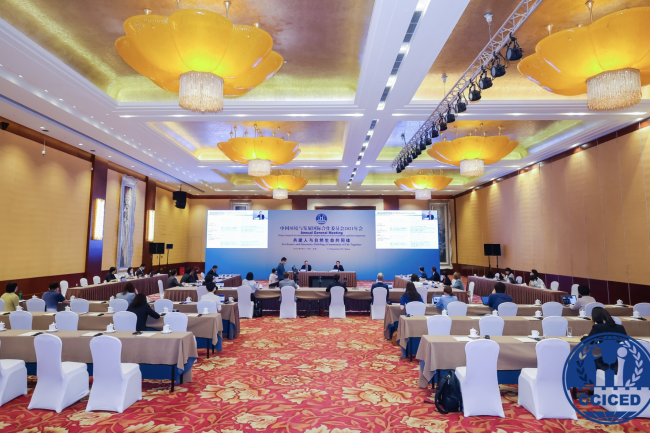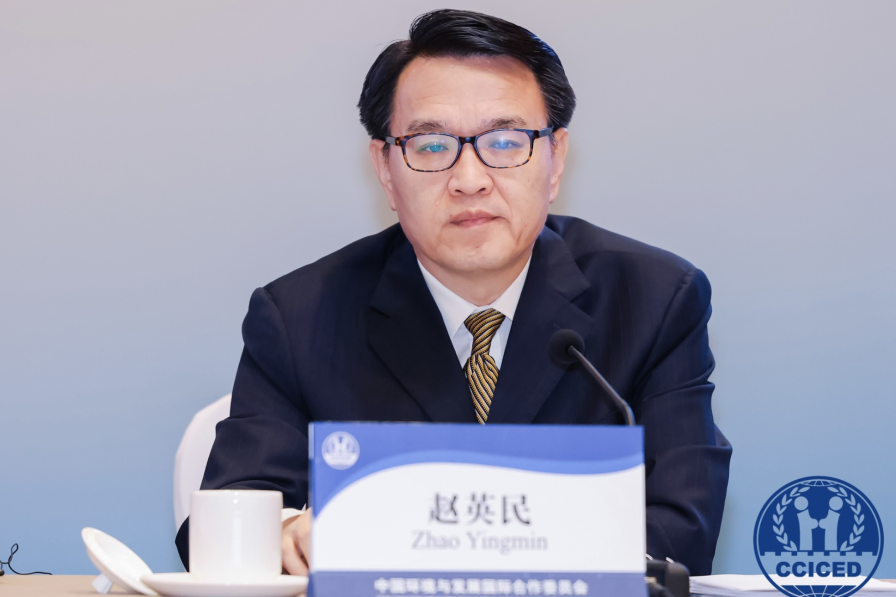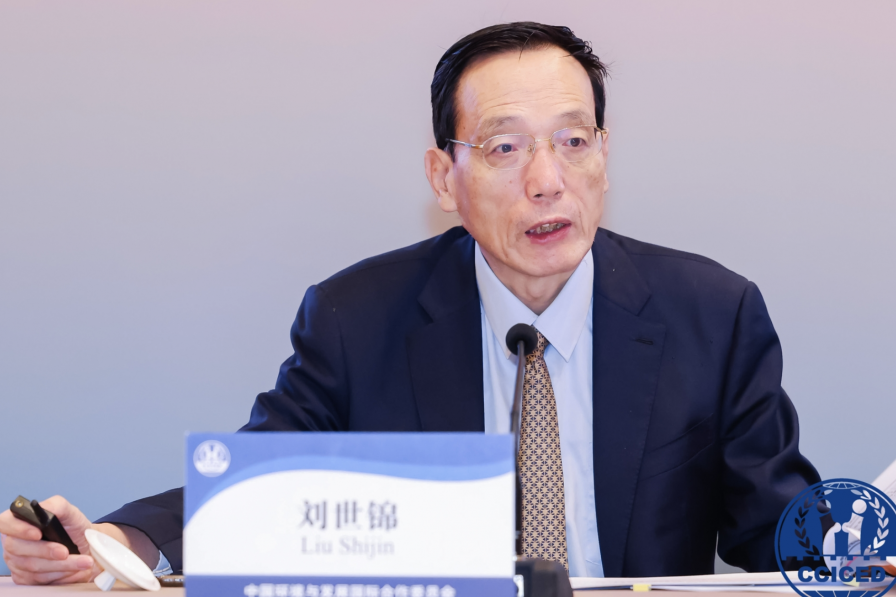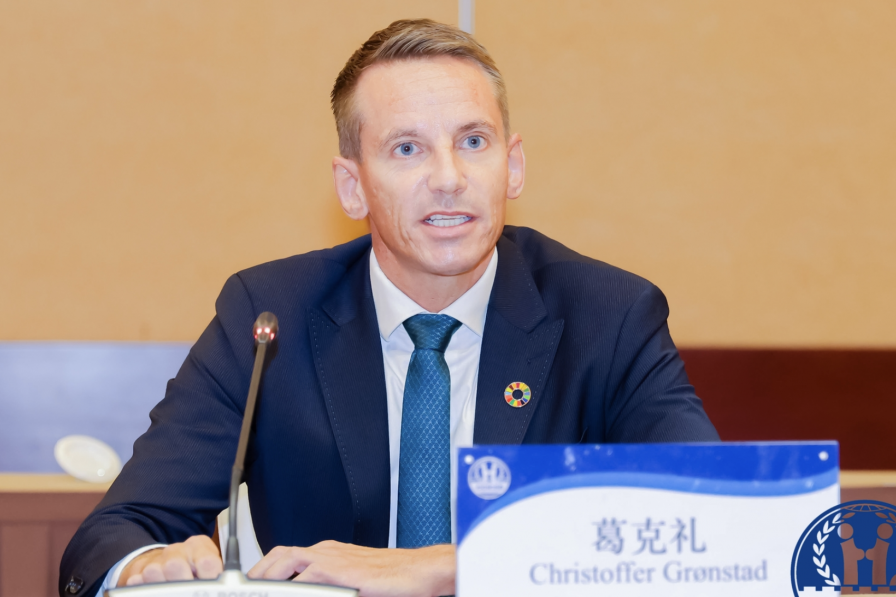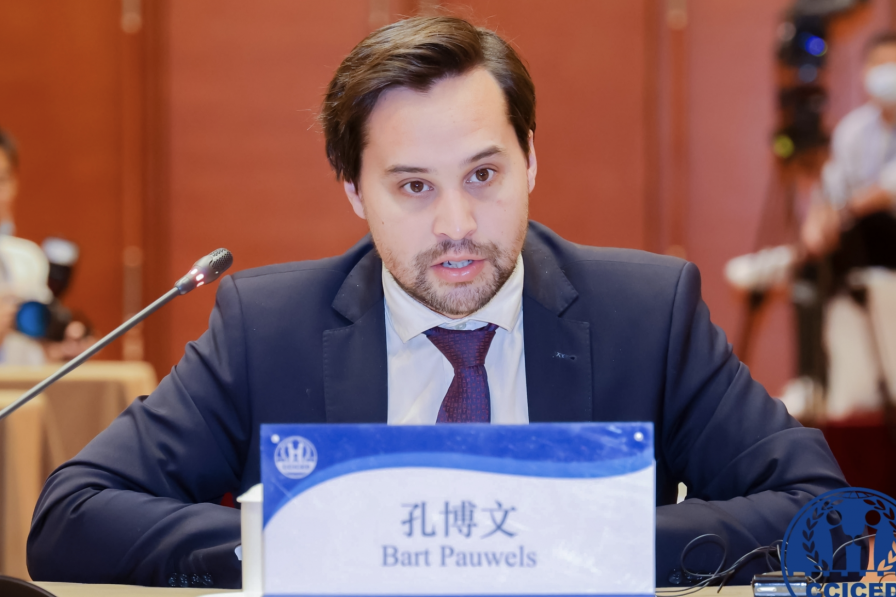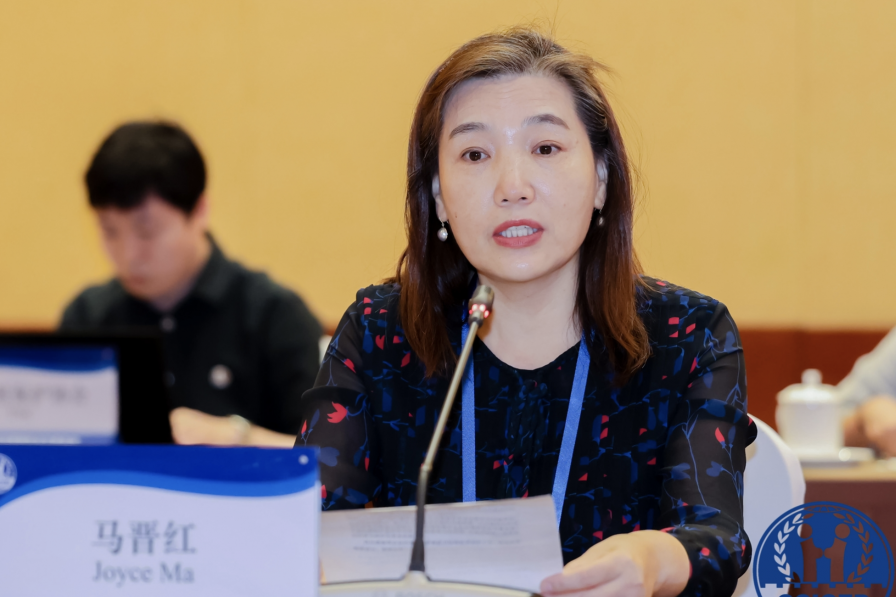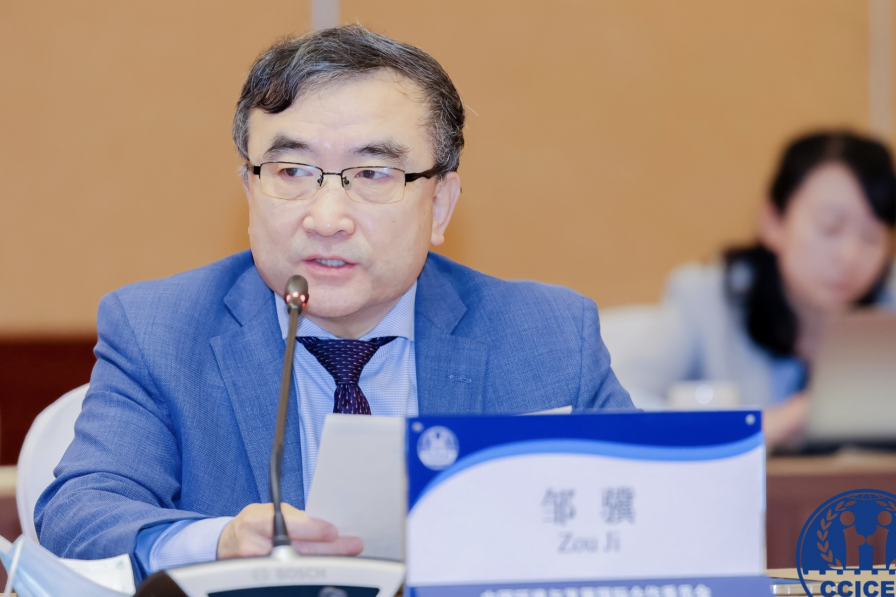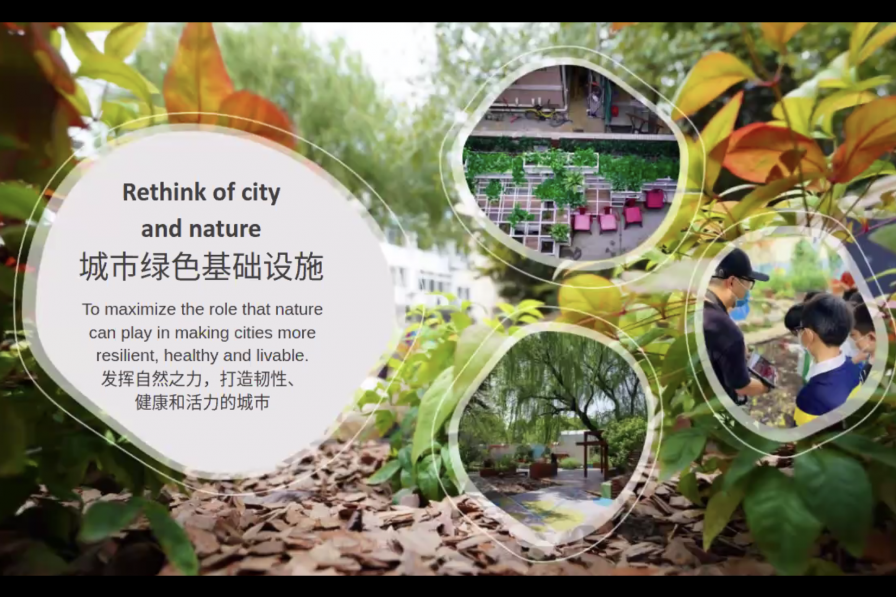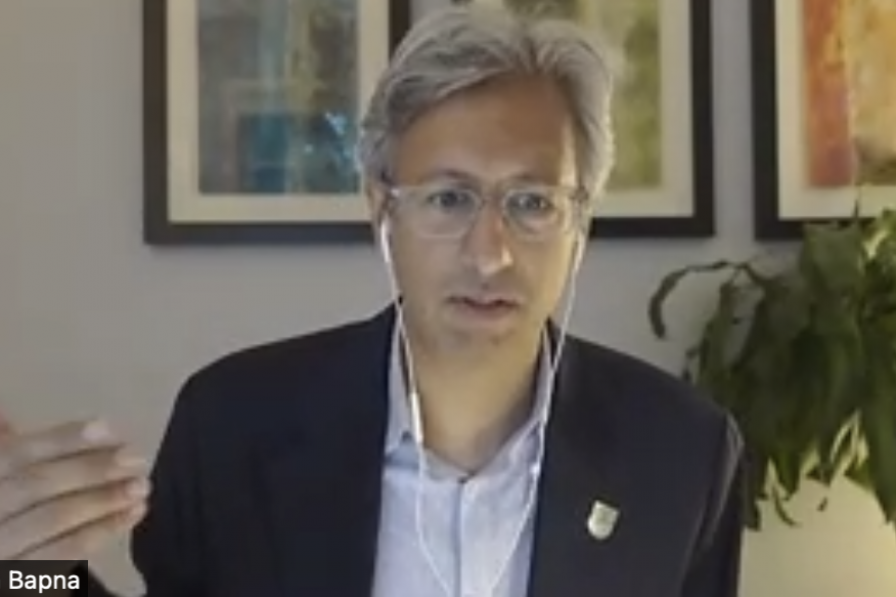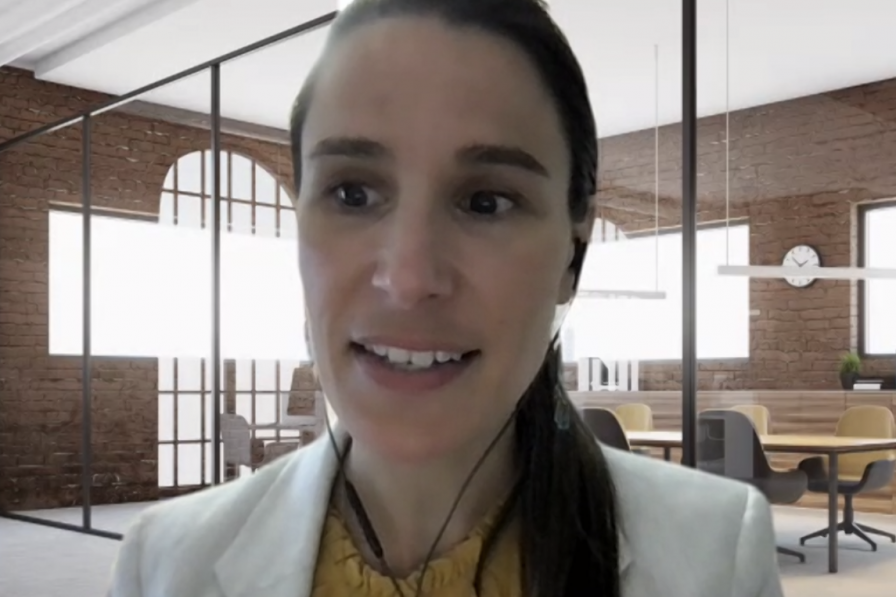Following the formal conclusion of the 2021 Annual General Meeting of the China Council for International Cooperation on Environment and Development (CCICED) on Thursday, CCICED Secretary General Zhao Yingmin chaired a press conference on Friday morning outlining the outcomes of the meeting. Explaining that the 2021 issues report and policy recommendations focus on transitioning to a new, low-carbon era, he said discussions and research outcomes from the meeting would feed into upcoming global environmental governance processes.
Liu Shijin, Chinese Chief Advisor to CCICED, explained that four task forces produced special policy studies addressing different aspects of: global ecosystems, including climate change, biodiversity, and pollution control; green urbanization; sustainable production and consumption; and domestic targets/global governance. He briefly outlined the CCICED’s thirty policy recommendations, highlighting broad support for: a holistic and collaborative green transformation; an equitable transition; and creating new alternatives before old practices are eliminated.
Scott Vaughan, International Chief Advisor to CCICED, highlighted four key themes discussed during the week, including: the challenge and complexity of implementing integrated policies; achieving high quality development; designing green technology systems; and applying a gender and equity lens to policymaking. He said international experts are “profoundly excited” about the launch of Phase VII of CCICED’s work, and expressed enormous appreciation for the leadership of China on environment and development.
In the evening, Co-Leaders of the Special Policy Studies (SPS) presented their research findings and recommendations via a public, livestreamed session. The projects addressed: global climate governance; the future global biodiversity framework; ocean governance; green urbanization; sustainable social governance; green technology innovation; the sustainability of the Belt and Road Initiative (BRI); global green value chains; green finance; and river area management. A further project on gender mainstreaming looked at elements that cut across all SPS topics, with the aim of ensuring that gender is comprehensively addressed in CCICED research and recommendations.
CCICED Chief Advisor Liu lauded the achievements of the research teams that produced these special policy studies, celebrated the international collaborations within the teams and expressed appreciation for the diversity of topics addressed under this program.
The Earth Negotiations Bulletin summary of this meeting will be available on Monday, 13 September 2021.
AGM Press Release
Introduction of SPS Research Outcomes
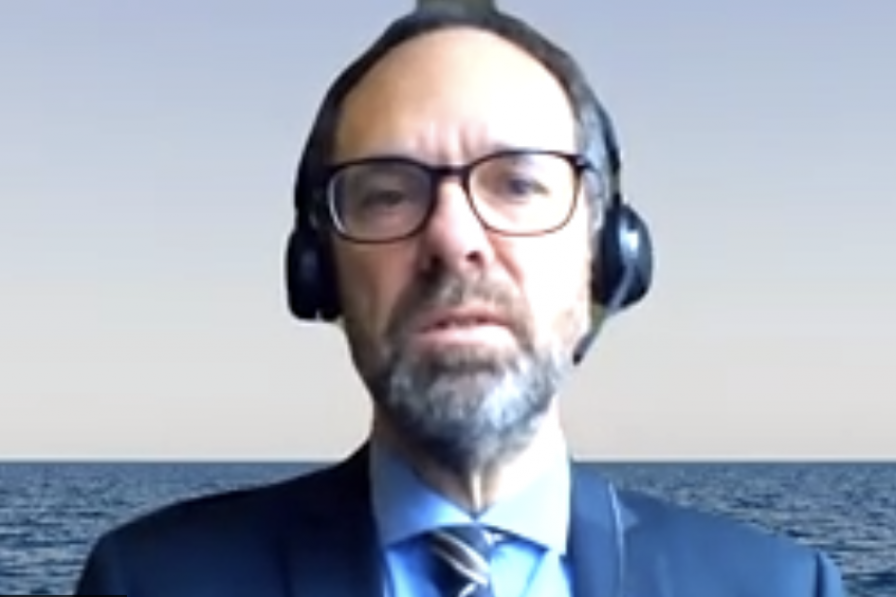
Jan-Gunnar Winther, International Co-Leader, CCICED SPS on Global Ocean Governance and Ecological Civilization; CCICED Member; and Specialist Director, Norwegian Polar Institute
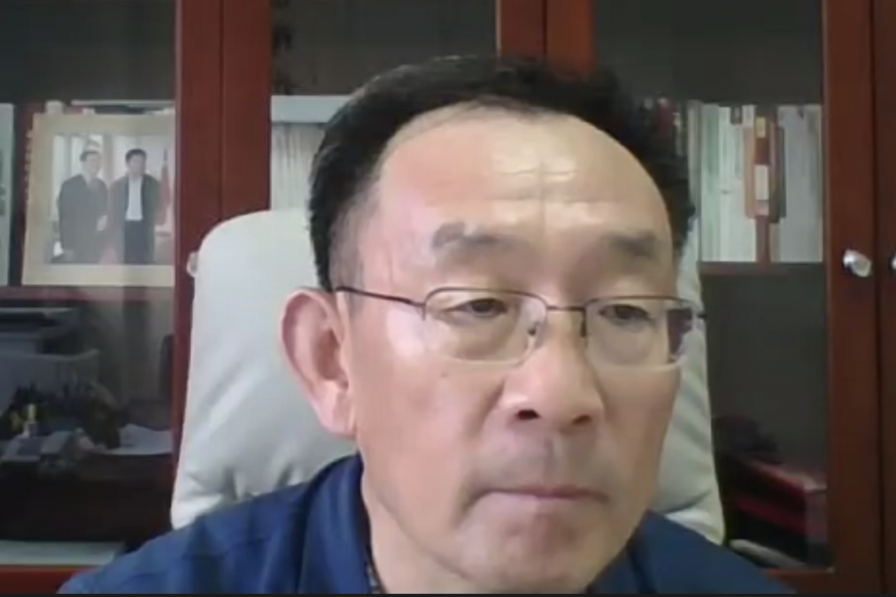
Gao Jixi, Chinese Co-Leader, CCICED SPS on Post 2020 Global Biodiversity Conservation, and Director-General of Satellite Environment Center, Ministry of Ecology and Environment (MEE), China

Kate Hampton, International Co-Leader, CCICED SPS on Global Climate Governance and China's Role, CCICED Member, and CEO, Children’s Investment Fund Foundation
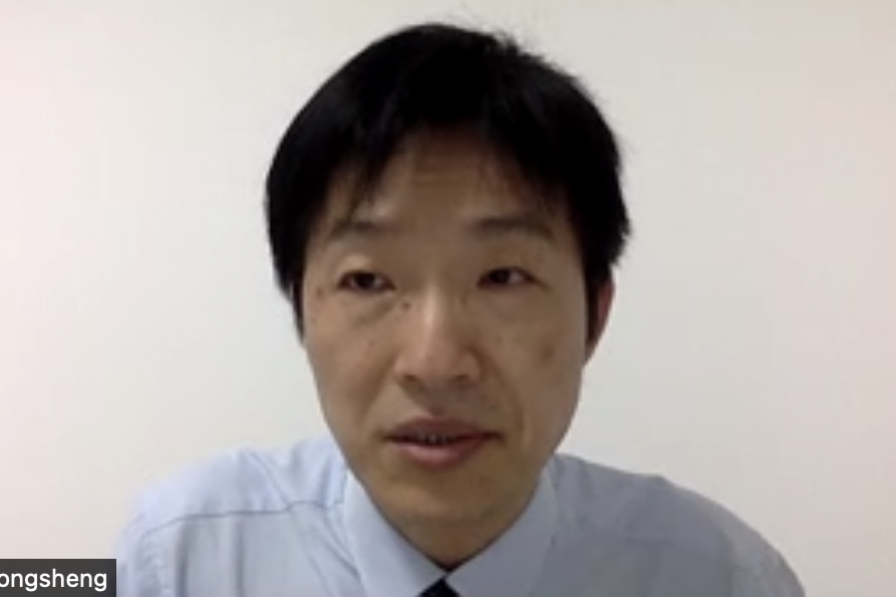
Zhang Yongsheng, CCICED Special Advisor, and Director, Research Institute for Eco-civilization, Chinese Academy of Social Sciences
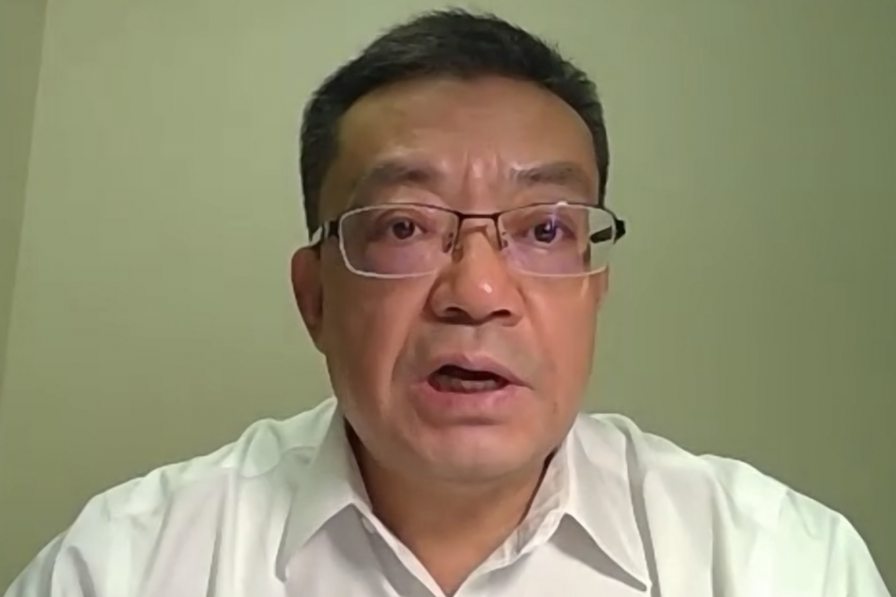
Ren Yong, Co-Leader, CCICED SPS on Green Transformation and Sustainable Social Governance, and Director-General, Environmental Development Center, MEE, China

Zhang Jianyu, CCICED Special Advisor, Executive President of BRI Green Development Institute (BRIDGI), and International Coordinator of the BRIGC Advisory Committee
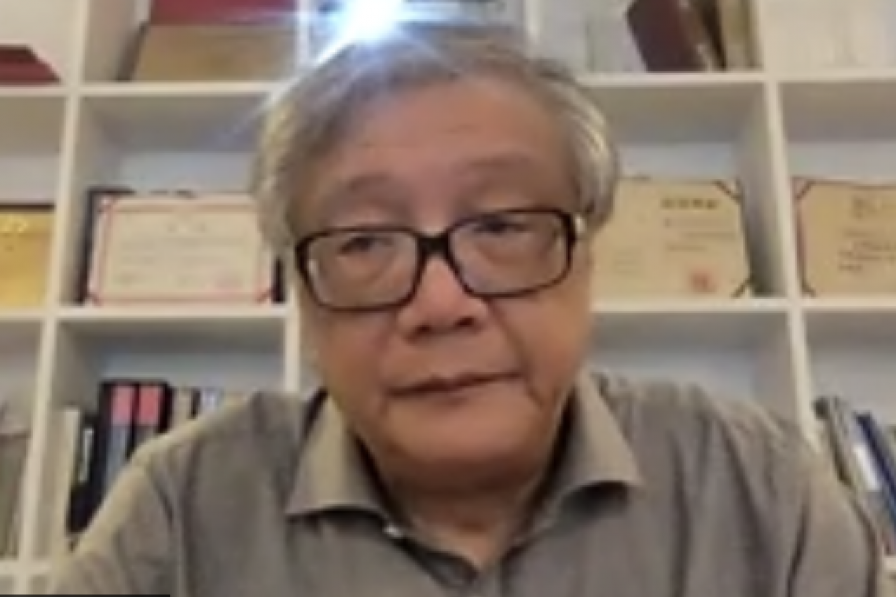
Li Xiaojiang, Chinese project lead of SPS on Major Green Technology Innovation and Implementation Mechanisms, and Former Dean of China Academy of Urban Planning and Design
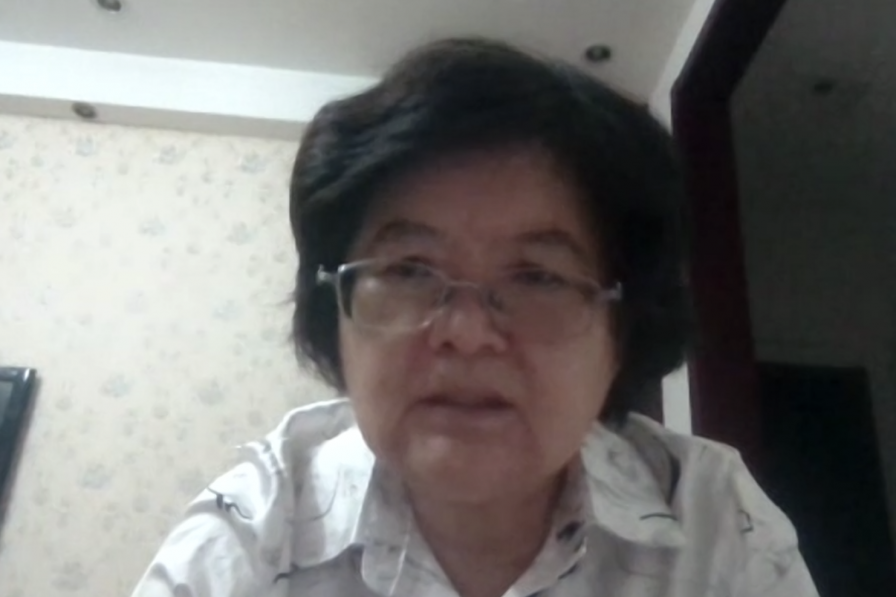
Zhang Chenghui, Chinese Co-Leader, CCICED SPS on Green Finance, and Researcher and Former Director of Institute of Finance, Development Research Center of the State Council, China

Jim Best, core expert for the scoping study on managing river areas in times of climate change, University of Illinois, US

Renato Paes de Almeida, core expert for the scoping study on managing river areas in times of climate change, University of São Paulo, Brazil
